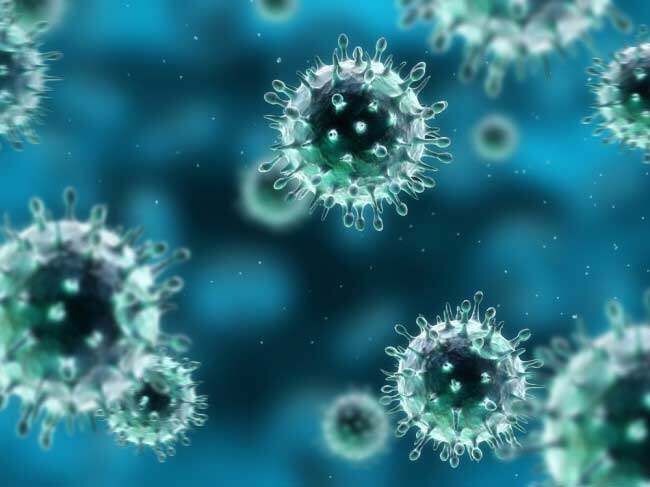UofG Scientists at the Cancer Research UK Scotland Institute have discovered why the immune system is better at fighting flu than fighting cancer.
It was already understood that the human body does not always recognise the major threat cancer presents – but the reasons why have been less clear.
Now, the team of researchers in Glasgow has been able to identify the part of the immune system which often prevents it recognising cancer as a threat but which allows it to perceive the danger posed by flu. It is hoped the discovery, published in Science Immunology, could lead to new treatments which boost the immune response so it fully activates and tackles cancer with greater strength.


Each year around 34,100 people are diagnosed with cancer in Scotland. With around 16,300 Scots sadly losing their lives to the disease annually, finding new ways to tackle it is vital.
The Cancer Research UK team used a flu virus and a type of skin cancer that had spread to the lungs to examine how the immune system in mice reacted to both.
They found that while the immune system reacted vigorously to the flu virus, it did not fully activate against the cancer.
They specifically looked at cells in the immune system of mice – called dendritic cells – which also exist in humans. There are two types of dendritic cells, one which exists in the cells which become tumorous and those which live in the lymph nodes (a key part of the immune system).
Once the cancer begins, the dendritic cells in the cancer move towards the lymph nodes, but once there, they do not give out the same level of danger alert to the dendritic cells in the lymph nodes as they do when the flu virus is present.
This means the immune system sees the level of threat from the cancer as the same as a minor injury, such as a small cut, and only activates in a low level way.
Lead researcher, Dr Ed Roberts of the Cancer Research UK Scotland Institute and the University of Glasgow, said: “We looked at cancer which had spread to the lungs as it affects the same organs which are affected by flu for the best comparison. We wanted to see how the immune system coped with the different threats and we saw that the alarm system didn’t activate as strongly as it did for the flu.
“Knowing that the emergency signals get stopped in the part of the process which the dendritic cells are responsible for, could allow new immunotherapies to be created which boost the immune system so it does attack the cancer, or activate the alert system itself.
“This could allow cancers to be caught at an early stage and tackled by a patient’s own immune system rather than harsh treatments which are necessary at a later stage when the cancer has grown and potentially spread to other parts of the body.”
Although the research examined skin cancer that had spread to the lungs, how the immune system reacts to the cancer was the focus and therefore the results could be applicable to a variety of cancer types.
Dr Catherine Elliot, Director of Research at Cancer Research UK, said: “The immune system is a growing focus of cancer research and this exciting research could help us find ways to help our own bodies fight cancer more vigorously.
“This discovery could help us tackle cancer in its early stages and prevent it developing, spreading and even starting in the first place.
“Further research in this area will be needed but immunology studies such as this could be key to how we treat cancer in the future.”
The next step for the research will be to further examine how the immune system communicates, how it receives signals alerting it to threats and how it understands how significant the threat is.
Further studies will also demonstrate whether the exposure of the immune system to the threat is a factor in how much, or how little, it reacts.
The paper, “Co-transfer of antigen and contextual information harmonises peripheral and lymph node cDC activation,” is published in Science Immunology.



































